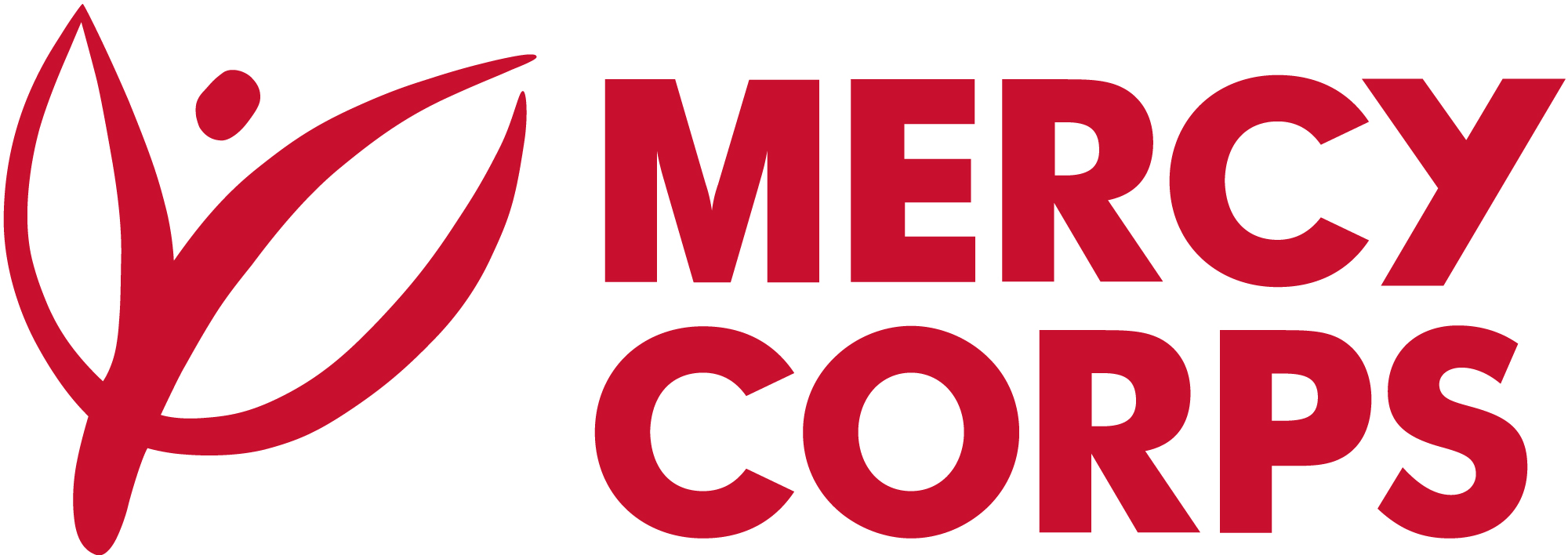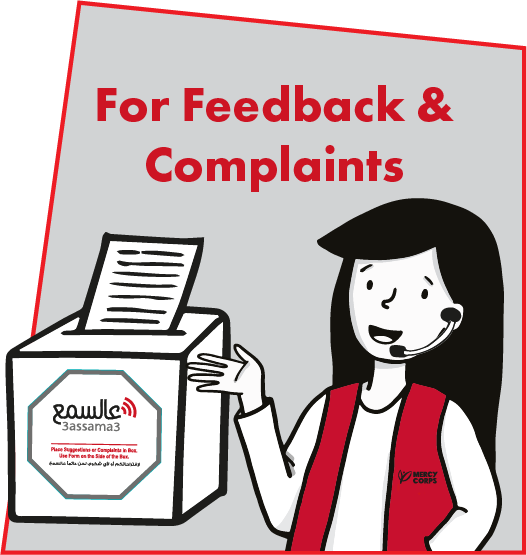Since September 2024, the escalation of hostilities between Israel and Hezbollah has caused the displacement of over 1 million people and large humanitarian suffering in Lebanon. The humanitarian response has prioritized distributing in-kind assistance to displaced populations in collective shelters, while the response for those outside collective shelters is still under development. The Flash Appeal response strategy recommends a “cash-first” approach, advocating for the use of cash assistance whenever feasible and appropriate.
This report presents the findings of a rapid feasibility assessment of cash assistance conducted by Mercy Corps in October 2024. Using the cash and voucher assistance pre-conditions framework, it evaluates the feasibility of cash assistance as a response modality to meet the basic needs of displaced populations living outside collective shelters in Lebanon. The assessment employed primary data from a household survey conducted with affected populations in the Bekaa Valley and southern Lebanon, as well as key informant interviews with financial service providers. Secondary data, including redemption data and a desk review of existing programmatic and policy literature, were also used.
The assessment concludes that cash remains a feasible and needed modality of assistance for displaced populations living outside collective shelters. While disruptions occurred at the onset of the crisis, markets for basic goods have shown rapid recovery. Hoarding behaviors (i.e., stockpiling items) may partly explain the increase in prices for some basic goods, such as pulses and cereals. Affected populations in areas hit by airstrikes experience delays in redeeming cash assistance but still prefer it over in-kind assistance due to its flexibility. The primary barrier to scaling up the cash response is the absence of a reliable and secure identification and registration platform.
By Chiara Genovese, Mercy Corps Lebanon



